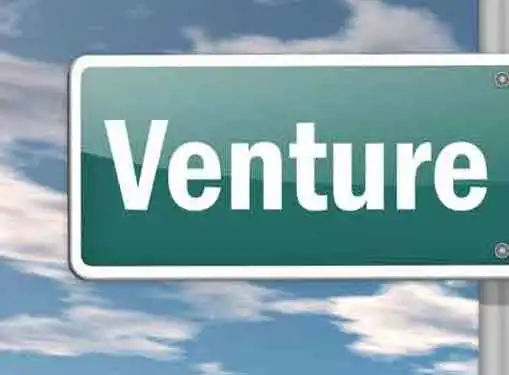Venture Capital Funding
Venture Capital
You've decided to pursue venture capital as a vehicle for funding your company's aggressive growth strategy. Now here's what you need to know to attract the right VC firm and make the most of your venture capital experience.
Venture capital can be the most effective way to fund your SMBs leap to the next level.

Venture capital firms are accustomed to funding risky business ventures that show a high degree of promise and won't blink at dropping millions into your company if they think you're well positioned for growth.
Now here's the rub: Every year, venture capital firms are flooded with pitches from thousands of entrepreneurs. Yet the number of pitches that yield a positive response is miniscule -- sometimes less than 1%. And many of the entrepreneurs who receive venture capital funding have a less-than-satisfactory experience simply because they failed to properly understand the basics of venture capital before they welcomed a VC firm onboard.
Adequate capitalization is critical to your company's growth objectives. But you can't afford to waste time either chasing a fantasy or committing to a funding structure that is ultimately untenable. So before you commit to venture capital funding, there are a few things you need to know.
- Business Plans. Don't underestimate the importance of a first-rate business plan in venture capital pitches. Although VCs won't necessarily plunge into the details right away, they want to know you have carefully considered every aspect of your growth strategy. If your business already has a successful track record, a solid growth-oriented business plan strengthens the pitch by giving VCs firm numbers for analysis.
- Decks. Most venture capital pitches are presented with "decks" -- PowerPoint presentations that rapidly communicate the essentials about your company's strategy. Avoid filling your deck with fluff! Instead, focus on critical elements like mission, business model, market size, competition, financing and benchmarks.
- Connections. Personal connections can be helpful in providing context for venture capital decision-makers. But they aren't as important as many people think. When everything is said and done, top-tier references don't count as much as an innovative idea and a winning growth strategy.
- Goals. What are your goals in raising venture capital? If your goals are simply to raise tons of cash, you may be in trouble. Count on the fact that VCs will have clearly defined goals for their involvement with your company, including the probability of an IP or acquisition at some point in the not-too-distant future.
- Control. If you're the kind of entrepreneur who is accustomed to going it alone, you may chafe under the reins of venture capital funding arrangements. Unlike lenders and other types of investors, venture capitalists expect to have a certain level of control and influence over the companies they fund. If that' s not acceptable to you, venture capital isn't the best funding vehicle for your company's growth strategy.
Share this article
Additional Resources for Entrepreneurs


Conversation Board
What questions do you have about raising venture capital money? We welcome your comments, questions and tips regarding venture capital.